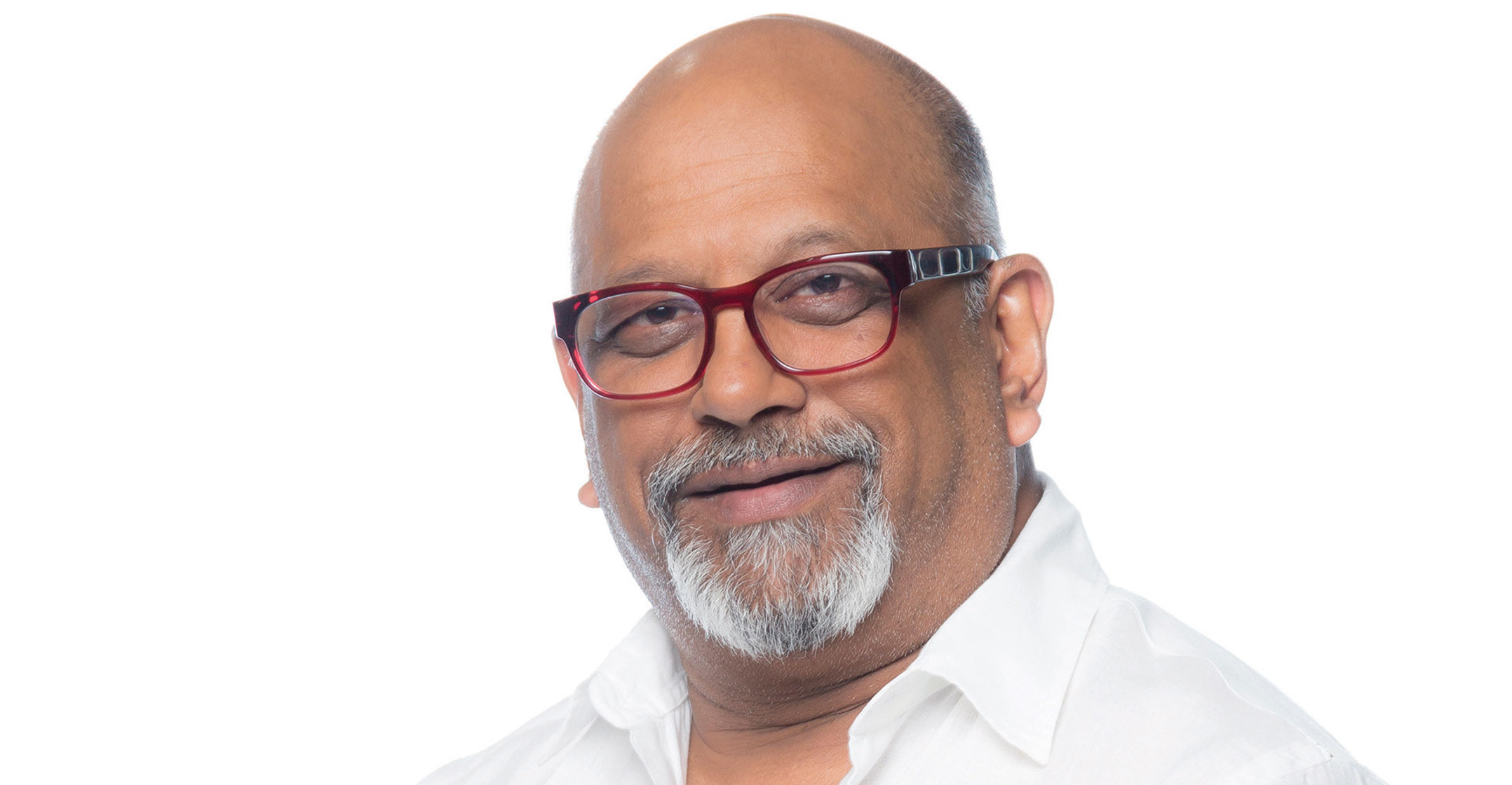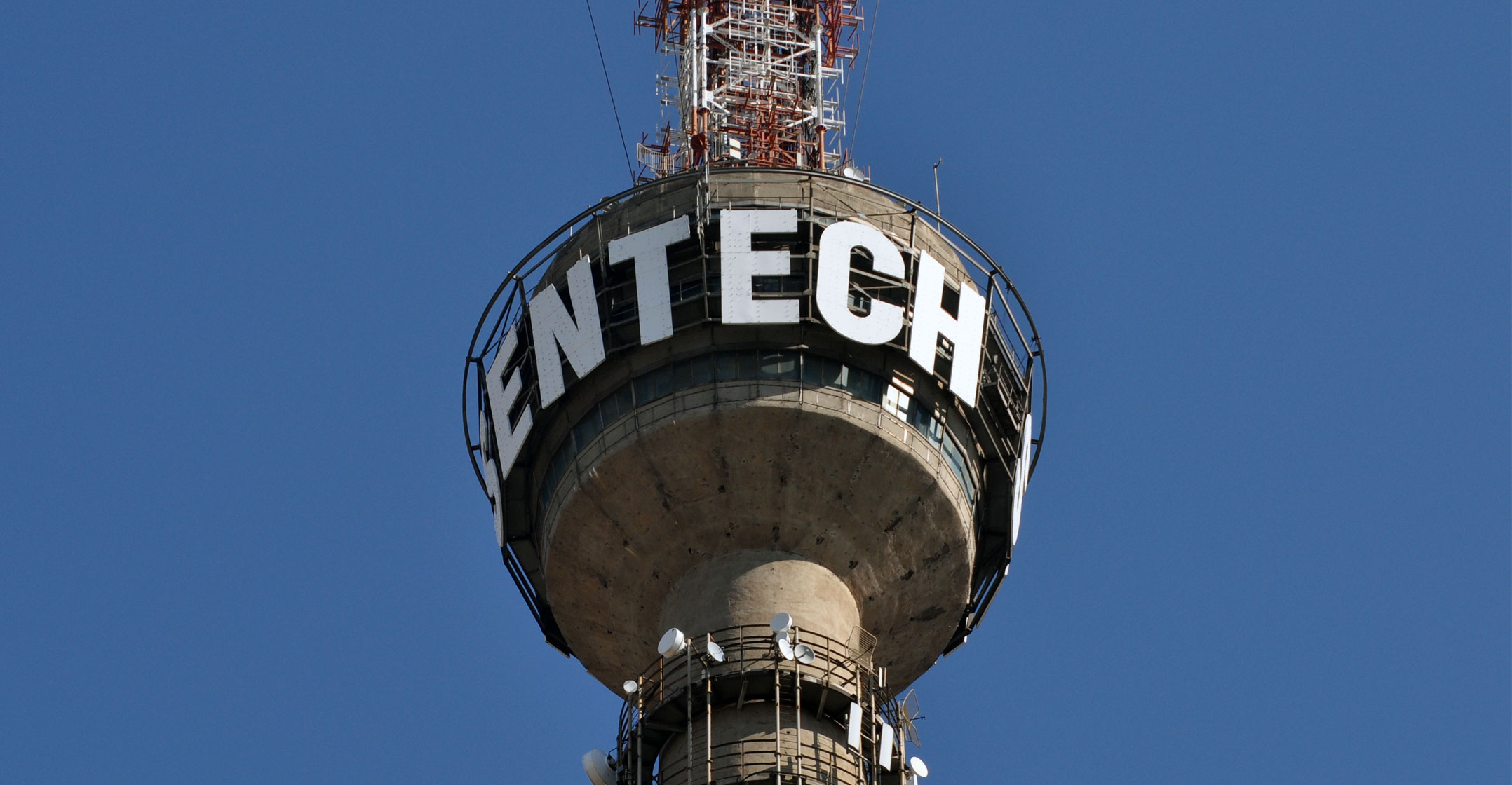
E.tv parent eMedia Investments on Friday launched a blistering attack on Icasa and Sentech, accusing the communications regulator of allowing the state-owned broadcasting signal distributor to abuse its monopoly to the detriment of broadcasters for decades.
A line-up of senior e.tv and eMedia executives, including CEO Khalik Sherrif, used an Icasa public hearing on signal distribution to severely criticise Icasa for failing for more than 12 years to deal a situation that they argued had allowed Sentech to get away with charging “rip-off” prices to distribute the broadcasters’ content to South African viewers over its terrestrial network.
Read: SABC, e.tv accuse Sentech of price going
“Sentech’s absurd submission that [Icasa’s] discussion document should be withdrawn (made in written submissions ahead of Friday’s hearing) would enable it to continue acting anticompetitively and must be rejected,” Sherrif said.
External legal adviser Dan Rosengarten went as far as to accuse Icasa of “aiding and abetting” Sentech and alleging that the signal distributor failed to live up to promises it made at Icasa hearings more than a decade ago to deal transparently with broadcasters.
Sherrif accused Icasa of “favouring monopolies” in the sector over free-to-air broadcasters, and said the regulator failed, in 2011, when it last investigated the market, of doing anything to resolve broadcasters’ grievances about Sentech and its costs.
“It is frustrating and time consuming that, once again, we have to appear before you in relation to a matter which started in 2010 and ought to have been finalised many years ago. Without reason, Icasa has repeatedly failed to investigate or regulate a market which is in dire need of regulation. It has accordingly shirked its duties and preferred once licensee over another,” Sherrif said.
‘Here we are again’
“It is 12 years since Icasa started investigating the signal distribution market. Yet, here we are again, answering the same questions and dealing with the same issues we dealt with 12 years ago.”
Sherrif said e.tv – and other terrestrial broadcasters – have “paid a heavy price” because of Sentech’s monopoly. “In 2011, [signal distribution] was 14.6% of our costs. It’s now 22% of our costs,” he charged.
Rosengarten accused Sentech of failing to act in good faith in dealing with e.tv, despite a contractual obligation to do so. As a result, he said, e.tv has not been able to renegotiate the tariffs imposed on it.
Read: Sentech gets a bad signal (paywall)
Efforts by e.tv to raise this with Icasa came to “naught”, Rosengarten said. “Even after Icasa made a finding in 2011 that Sentech had significant market power, its finding was withdrawn and it did nothing to regulate Sentech’s tariffs. This is notwithstanding the obligation placed on the authority in terms of the Electronic Communications Act to assess licensees having significant market power and to impose pro-competitive conditions on such licensees.”
Rosengarten accused Icasa of a “dereliction of duties” by failing to intervene in the market sooner.
Sherrif said the regulator must “fully investigate the secretive and non-transparent prices Sentech is able to charge given its dominant position”. It should also undertake an international benchmarking exercise to “assess the reasonableness of South African’s signal distribution costs and the way they are calculated in the digital era”.

Furthermore, Icasa should:
- Ensure Sentech is obliged to act in a transparent and fair manner in renegotiating contracts with the transition from analogue to digital terrestrial television;
- Publish regulations imposing tariff regulation and a transparency obligation with price regulations;
- Immediately begin an urgent investigation into the manner Sentech marks up its pricing with reference to its costs as well as depreciation and amortisation of its assets; and
- Ensure Sentech customers are not tied into long-term agreements.
Sentech, which was the first to present its arguments at Friday’s public hearings, has said that now is not the appropriate time to be conducting a market inquiry. It said that upcoming legislative changes in the broadcasting sector should be used to address market concerns. It has also argued that the government’s moves to merge Sentech with Broadband Infraco and portions of state IT agency Sita to create a state digital infrastructure company should be allowed to run their course, even though that might take years.
The public hearings continue on Monday, with the SABC and Primedia expected to present their views. – © 2022 NewsCentral Media




